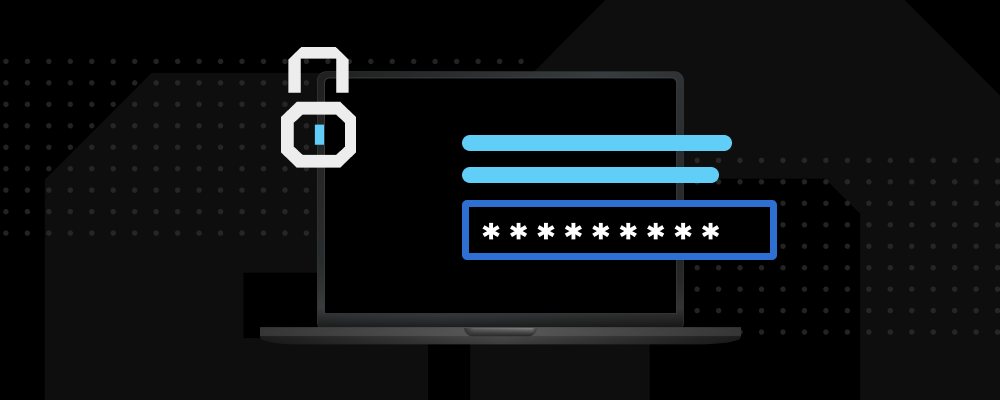

Thank you!
Just one more thing before you go...

The Critical Role of Consumer Authentication

In today’s rapidly evolving digital landscape, the significance of consumer-consented authentication data cannot be overstated. Recent insights from the TTD earnings call, particularly those articulated by CEO Jeff Green, shed light on the impending changes poised to disrupt publishers’ revenue streams.
Green’s reflections underscore the urgency for publishers to adapt swiftly to forthcoming shifts such as Privacy Sandbox and cookie deprecation. Privacy Sandbox, in Green’s words, stands as a complex entity understood by few but destined to profoundly impact us all. It serves as a clarion call for publishers to prioritize personalized user experiences and bolster value propositions for advertisers through the adoption of single sign-on authentication tools.
“Without either cookies or publisher authentication, advertisers won’t value those ad impressions nearly as much. This is a wake-up call for publishers.”
The year 2024 marks a pivotal moment for our industry, characterized by action and adaptation. Green’s observations highlight the pressing need for publishers to embrace authentication strategies. However, a stark reality emerges—many publishers remain unprepared, facing potential challenges in ad monetization as a result.
“This is a wake-up call for publishers. And the math is obvious. $1 CPM turns into $0.70 with cookie deprecation. We’re often seeing $1 CPM turn into $1.30 when UID2 is layered on it.”
Green exposes a concerning truth: authentication rates among journalism outlets are surprisingly low. This revelation underscores the necessity for publishers to recalibrate their approach to user data, pivoting towards strategies rooted in consumer consent and identity management.
As we navigate this period of change, Green’s insights serve as a guiding beacon. They urge us to recognize the critical importance of consumer-consented authentication data and to prioritize and redefine the value-exchange of the internet. By doing so, publishers can forge a path towards relevance, revenue, and resilience in an ever-evolving digital landscape.
The responsibility doesn’t lie solely with publishers. As Samantha Jacobson, Chief Strategy Officer at The Trade Desk, shared on Marketecture last year, “Email is an identifier that many advertisers are choosing to use. As there is a greater focus on privacy – especially in the United States – we want to make sure that consumers have choice and transparency. Creating that dialogue with consumers is more important to brands now more than it has ever been because they recognize the need to establish that direct relationship.”
“This is the new identity fabric of the open internet. One that preserves relevance for advertisers, revenue optimization for publishers, and privacy control for consumers” (The Current).
In embracing change and prioritizing consumer consent, let us chart a course towards a future where users, publishers and brands alike thrive in a digital ecosystem characterized by trust, transparency and control.

Machine-Generated Email Cost Calculator
Unlock additional revenue by integrating with Identity lockr.
Select your industry vertical.
How many registered users or newsletter subscribers do you have?
Average monthly emails sent to each subscriber per month?
What is your average email open rate?Optional
What is your average email click rate?Optional
Has lockr previously analyzed the machine-generated emails in your first-party data?
What was the percentage?
Enter your RPM (page revenue per 1,000 sessions).
What is your average monthly subscriber growth rate?
What is your anonymous web visitors monthly pageview traffic?
What is your authenticated monthly pageview traffic?
Projected Incremental Revenue
Projected Annual MGE Overhead
| MGE Fees | $0 |
| MGE Lost Email Revenue | $0 |
| MGE Advertising Leakage | $0 |
| One month of Email Jail | $0 |
| Incremental Revenue | $0.0M |
Enter your email to receive the full report.
Are you sure you want to leave?
Changes you made will not be saved.







